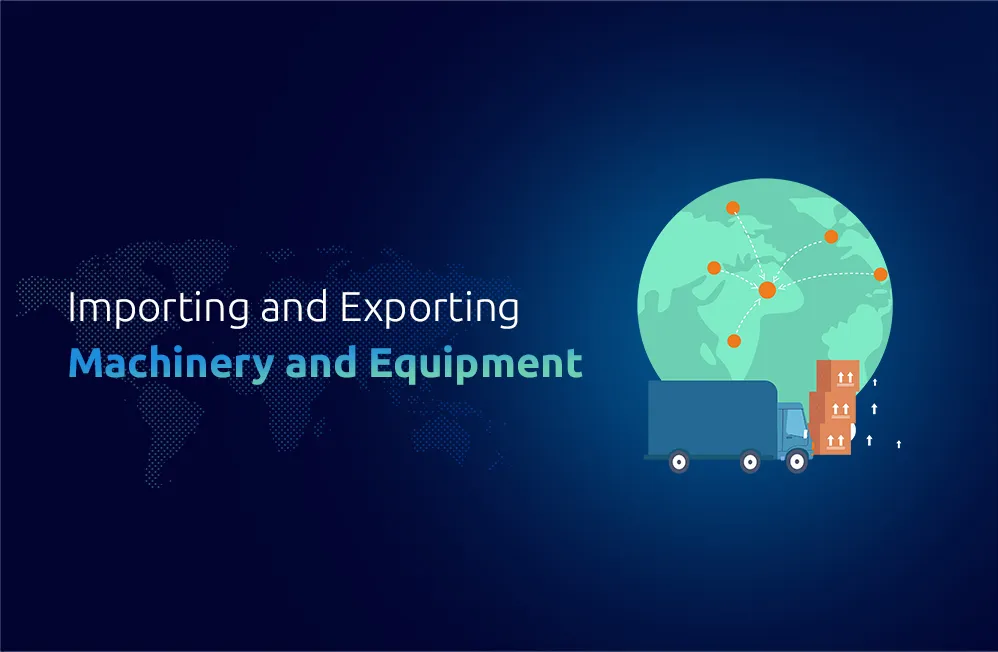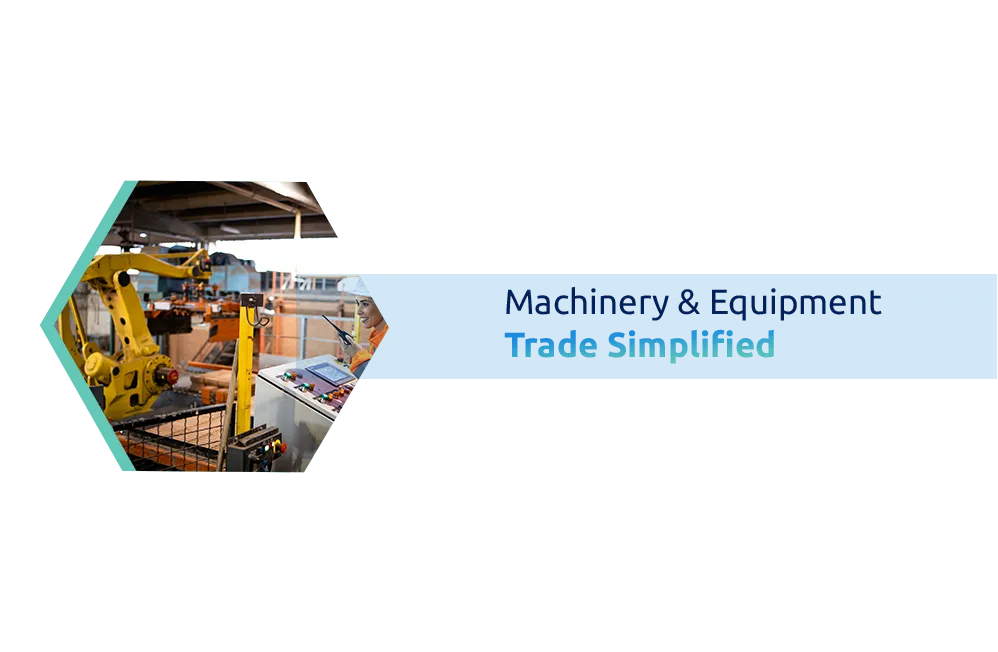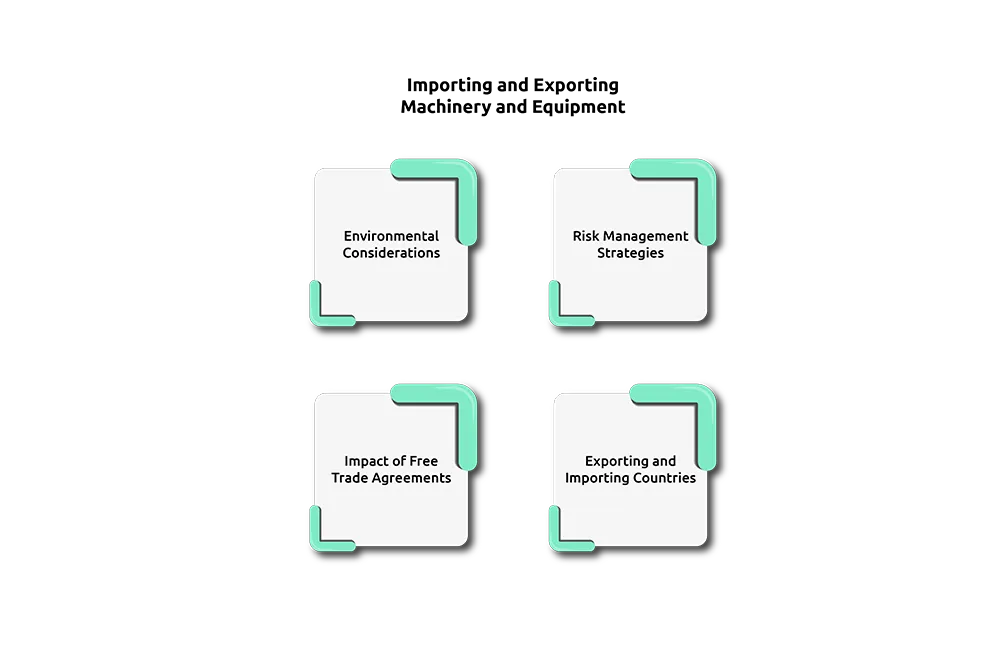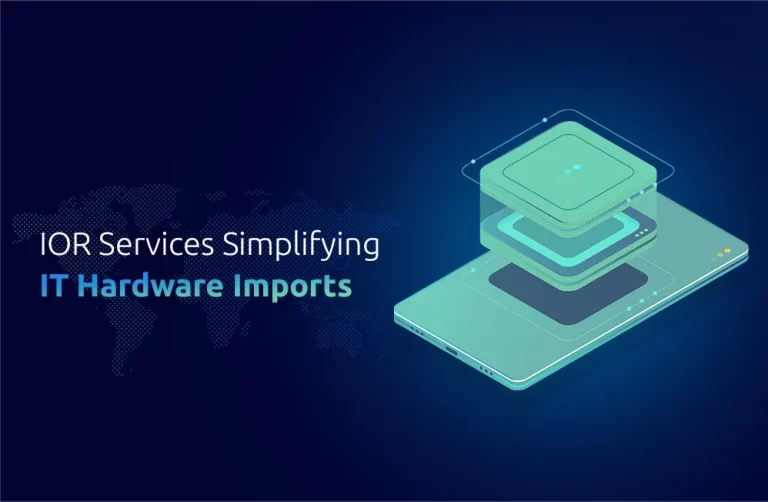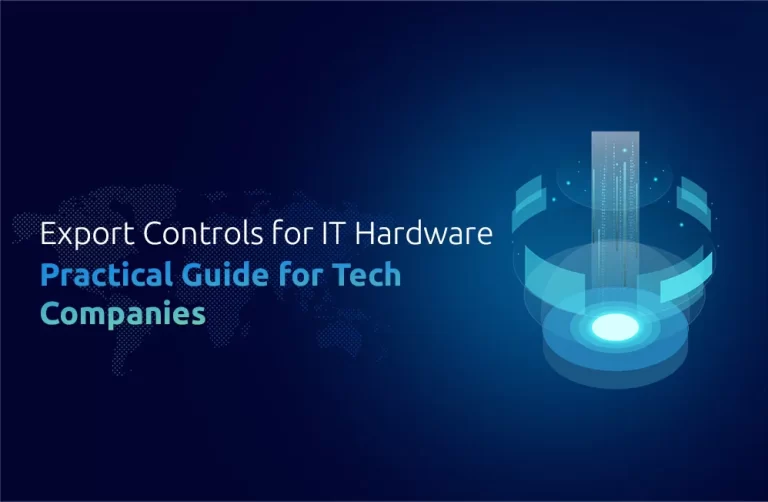Are you seeking assistance in understanding the complex processes involved with import and export of machinery and equipment? For expert assistance, reach out to ONE UNION SOLUTIONS today!
Overview:
The modern economy is based on international trade; equipment such as machinery is essential to industries all over the world. The need for such goods, whether it’s heavy-duty industrial machines or manufacturing equipment, is constantly increasing internationally. However, there are unique challenges associated with import and export of machinery and equipment, like as logistical challenges, rules & regulations, customs processes, and compliance needs. Businesses looking to grow their market share or simplify the supply chains must understand the intricacies of international trade. Navigating these obstacles requires specific expertise in the machinery trade, and professional advice can greatly streamline the process.
Understanding the Machinery and Equipment Trade
Trading machinery and equipment involves dealing with legislation, customs laws, and logistics in addition to understanding what the market demands. Businesses must stick to environmental and safety laws, such as the EU’s CE mark, & may require special licenses for delicate products like medical equipment.
Equipment is also categorized using Harmonized System/HS codes, which establish the relevant tariffs and taxes. Businesses also have to deal with customs paperwork, such as invoices, packing lists, and certificates of origin. Shipping adds another level of difficulty since fragile or huge machinery frequently requires special treatment, such as temperature-controlled transit or heavy-duty cranes. This is why, working with an experienced logistics service is essential to the prompt and secure delivery of your equipment.
Importing Machinery and Equipment: Key Considerations
Planning & paying close attention to details is important when importing machinery and equipment, particularly when it comes to managing customs procedures and local laws. Each nation has its regulations, some of which may call for certifications or inspections, such as FDA permission for medical equipment or safety inspections for construction equipment. The product’s value, HS Code, and any applicable trade agreements are some of the variables that affect customs charges, taxes, and tariffs.
Many companies operate with freight forwarders to handle shipment and customs brokers to make sure all the documentation is in order to simplify the procedure. Additionally, remember insurance; whether your equipment is costly or delicate, safeguarding it while in transit is essential to prevent possible damages.
Exporting Equipment and Machinery
A distinct set of difficulties arises when exporting machinery and equipment, including handling intricate logistics, making sure safety and environmental requirements are followed, and comprehending the import laws of the recipient nation.
- Examine the destination country’s import laws
Examine the target country’s import laws prior to exporting. Before your machinery enters some nations, it may need to comply with certain regulations or norms. For instance, a municipal government can require that you have your equipment examined or certified.
While some nations may have laws controlling the importation of IT or communications equipment, other nations may require manufacturers of medical equipment to register their items with national health agencies.
- Documentation for Exports
Similar to importing, exporting machinery necessitates precise documentation to guarantee that the goods undergo smooth cross border movement. This frequently consists of:
- Business invoices
- Lists for packing
- Export notices
- Bills of lading
- Origin certificates
Make sure all paperwork is filled out correctly because mistakes can result in delays or problems with customs at the port of destination.
3. Taxes and Tariffs
Depending on the country of destination, exporting machinery frequently entails tariffs, just as importing machinery does. Under some trade agreements, some nations offer reduced tariffs or no tariffs at all. A free trade agreement might, for example, lower or do away with tariffs on specific equipment items.
4. Delivery & Shipping
Close co-ordination between the shipping businesses, freight forwarders, and customs officials is necessary for the logistics of exporting machinery. The equipment might have to be carried by air, sea, or land, depending on its size and leading destination. For a fast and economical delivery, preparation and trustworthy logistics partners are essential.
Conclusion
The process of import and export machinery & equipment is intricate and involves managing customs procedures, understanding regulatory requirements, and organizing logistics. Ensuring compliance with international legislation is crucial for seamless transactions, whether you’re importing IT systems, medical equipment, or construction machines.
Our area of expertise at ONE UNION SOLUTIONS is assisting companies in navigating the challenges associated with importing & exporting machinery & equipment. Our skilled staff offers complete assistance, which includes logistic coordination, customs clearance, and compliance advice. You may succeed in the global market, lower risks, & streamline your international trade processes with our help.
Did You Know That,
China, the EU, & the US were the main exporters of machinery, which totaled $1.6 trillion globally in 2022.
FAQ’s
- What role does a customs broker perform in equipment imports?
The correct filing of all customs paperwork, the payment of duties and taxes, & the compliance of the machinery with all local rules are all guaranteed by a customs broker.
- What kinds of equipment need specific export licenses?
Special export permissions or certifications are frequently needed for specific machinery categories, including defense, medical, and communications equipment.
- How should I arrange my equipment for customs?
In order to classify machinery, HS codes—a standardized system for classifying commodities for customs purposes are used.
- What paperwork is needed for machinery exports?
Shipping lists, export declarations, commercial invoices, & certificates of origin are examples of common documentation.
- How can I guarantee the safe delivery of my equipment?
You can reduce shipping risks & guarantee the safe arrival of your machinery by collaborating with reputable logistics partners and obtaining cargo insurance.

